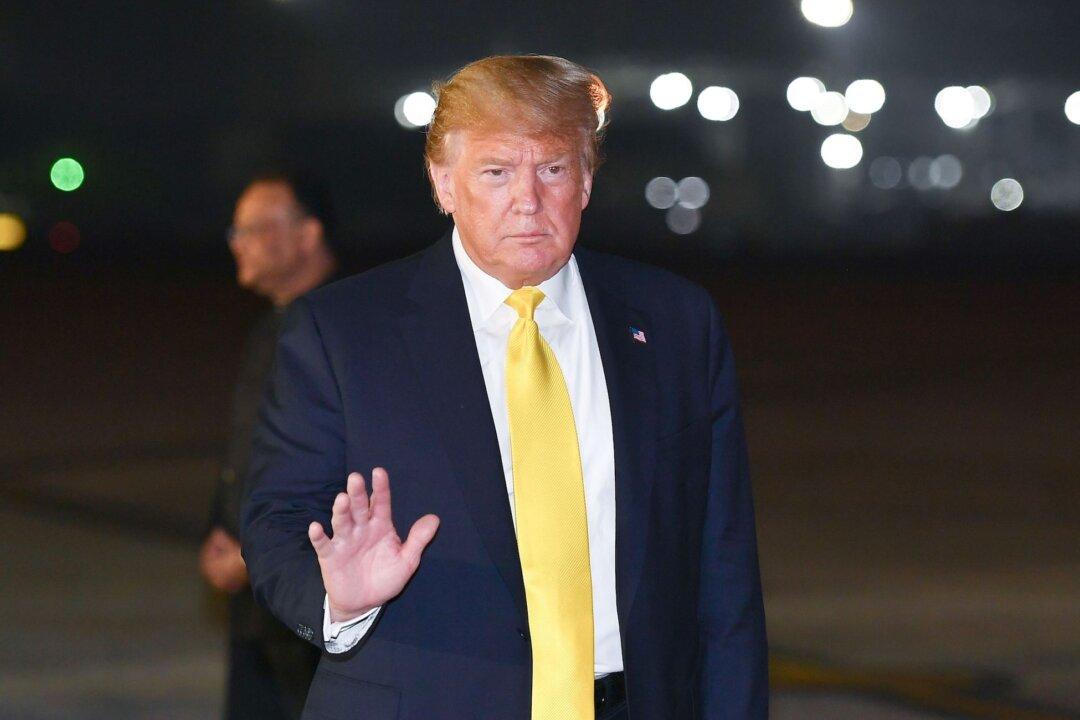The White House on Feb. 24 sent a $2.5 billion supplemental budget request to Congress as part of an urgent plan to combat the deadly outbreak of the new coronavirus, which causes the disease COVID-19.
The money would be used for therapeutics and personal protective equipment such as masks, with some $1 billion or more to be directed toward vaccine development, the White House said.




